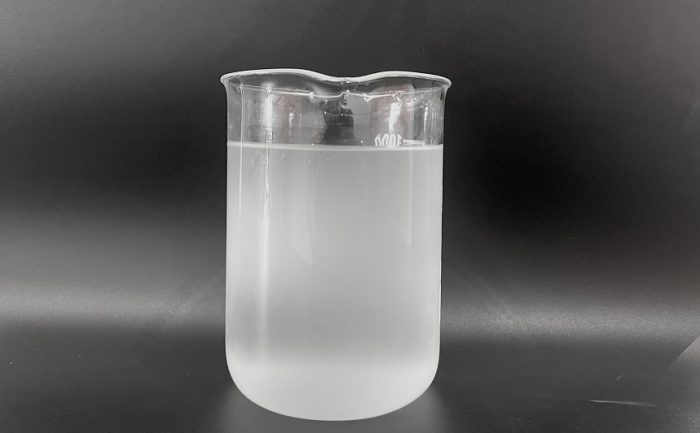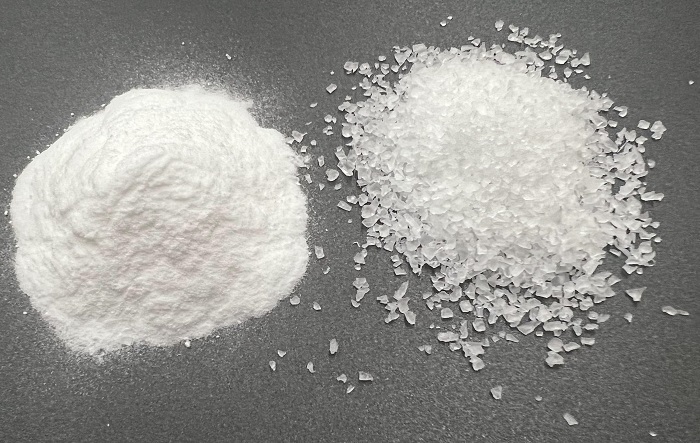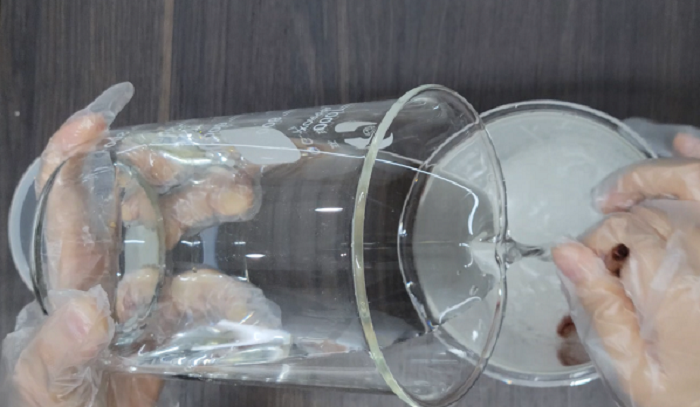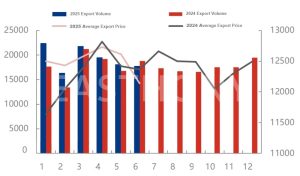Solubility Of Polyvinyl Alcohol In Water And Ethanol

Polyvinyl alcohol (PVA) appears in white powder, it’s a kind of water-soluble polymer resin, has been widely used as binder. With strong cohesion, skin membrane flexibility and smoothness, PVA also used for production of coatings, adhesives, paper processing agents, emulsifiers, dispersants, films and other products are widely used in textile, engineering construction, wood processing and other fields.
1.Solubility Of Polyvinyl Alcohol In Water
PVA is highly water-soluble, but solubility of poly vinyl alcohol is related to factors such as polymerization degree, hydrolysis, and particle size.
PVA polymerization can be divided into four types according to the molecular weight class: ultra-high degree of polymerization, high degree of polymerization, medium degree of polymerization and low degree of polymerization. Ultra-high molecular weight of 250,000 to 300,000, high weight of 170,000 to 220,000, moderate weight of 120,000 to 150,000, and low weight of 25,000 to 35,000. With the increase of polymerization degree, the viscosity of aqueous solution with the same concentration increases, but the solubility of polyvinyl alcohol in water decreases.
Polyvinyl alcohol hydrolysis is usually in 78%, 88% and 98%. Partial hydrolysis is in 87%-89%, 78% is the polyvinyl alcohol with low hodrolysis. With the increase of hydrolysis, the solubility in cold water decreases and the solubility in hot water increases. The best hydrolysis is 87%-89% of the water solubility of the product, which can be quickly dissolved in either cold water or hot water. PVA with over 99% alcoholysis is only soluble in hot water above 95℃.
The finer the particle size of PVA, the better PVA dissolve in water.

2.How To Dissolve PVA In Water?
To dissolve this product, it is recommended to slowly add it into cold water at around 20℃ while stirring to allow for full swelling, dispersion, and the escape of volatile substances. It is important not to add the product to water above 40℃ to avoid the formation of clumps. Once added, the temperature should be raised to around 95℃ to accelerate the dissolution process and maintained at this temperature for 2 to 2.5 hours until the solution no longer contains any tiny particles. After filtering impurities, the solution can be used for later use.
It is recommended to stir the solution at a speed of 70~100 rpm. For heating, indirect methods like a water bath can be used, or direct heating with water vapor can be applied. However, direct heating with an open flame should be avoided to prevent overheating and decomposition. If there is no mixer, the product can be dissolved by blowing steam in a tangential direction.
Tips: To check if the product is completely dissolved, a small amount of the solution can be taken out and 1~2 drops of iodine solution can be added. If the solution contains a blue mass transparent body, it indicates that the product has not been completely dissolved. If the color can spread evenly, it means that it has been completely dissolved.

3.Is Polyvinyl Alcohol Solubility In Ethanol?
PVA is not soluble in ethanol under normal conditions due to differences in the polarity of the solvents. While PVA’s solubility in ethanol can be improved by adding a large quantity of ethanol to the PVA solution and heating and stirring the mixture, the resulting solution may still have a lower concentration of PVA compared to a water-based solution.


